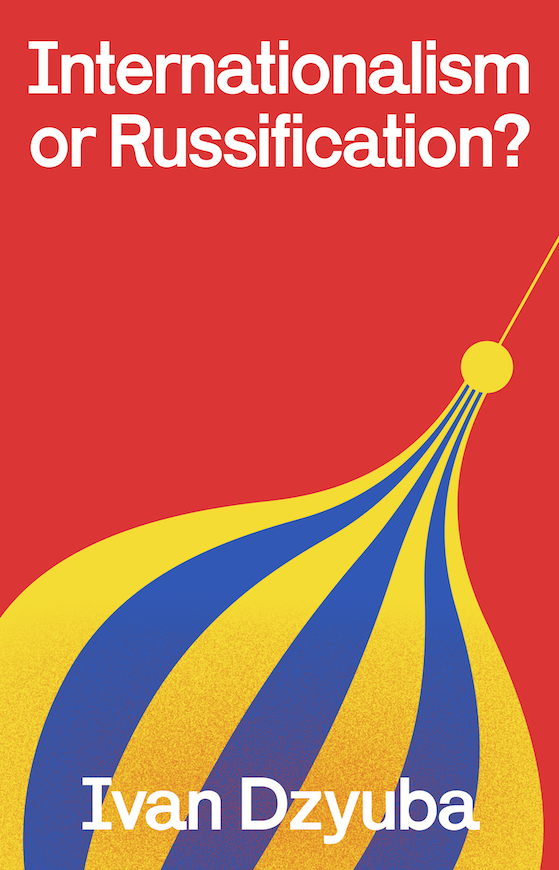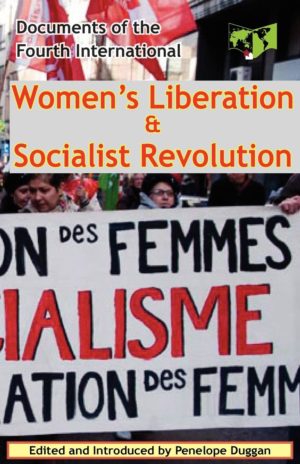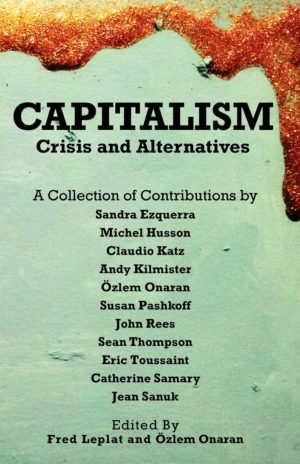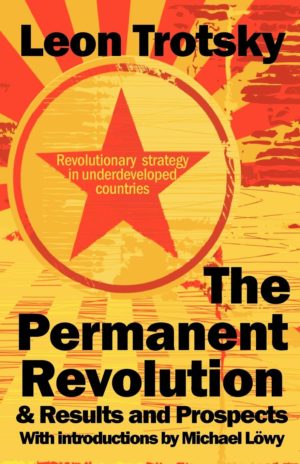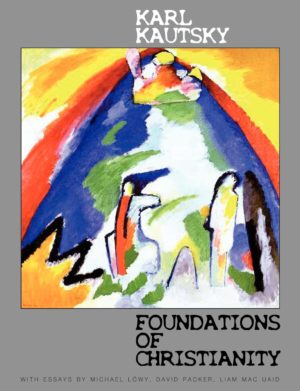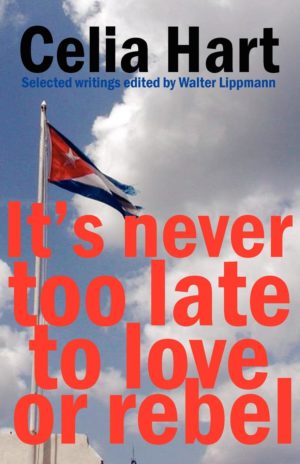Description
ABOUT THE BOOK AND THE AUTHOR
Internationalism or Russification? was written in 1965 while there was a wave of political repression in Ukraine. In the book, Dzyuba analyses from a Marxist position the national and cultural policy of the Soviet Union in Ukraine. The book was first sent to the Secretary of the Central Committee of the Communist Party of Ukraine and to the head of the government. Internationalism or Russification? was then distributed as a samizdat, and was first published abroad in 1968. In 1972, Dzyuba was expelled from the Writers’ Union and subsequently arrested and sentenced to five years imprisonment. Ivan Dzyuba died on the 22 February 2022 at the age of 91 on the eve of the invasion of his country by Russia.
In the book, Dzyuba describes how the USSR developed a relationship of Russian great-power chauvinism and oppression towards other republics and in particular Ukraine. Dzyuba calls for a return to the policies towards non-Russian nationalities under Lenin which were granted statehood and self-determination. With the invasion of Ukraine, Putin has carried on the Russian great-power chauvinism of the Tsars and Stalin. This book documents in great detail the oppression of Ukraine and is as relevant today as when it first appeared.
RECOMMENDATIONS
Ivan Dzuyba wrote his analysis in 1965 with the covert support of reformists in the Ukrainian branch of the Party. It circulated in typewritten copies, was published abroad first in 1968, subsequently in many editions and in five languages. It was published in Ukraine in 1998 and 2010. Based on Lenin’s and left-wing Ukrainian Social-Democrats’ writings, Dzuyba demonstrated how Stalin and his successors reversed Lenin’s policies and reimposed in Ukraine the late-tsarist assimilatory policies of Russification. The republication of this classic Marxist indictment of Russian chauvinism and colonialism in the wake of Putin’s invasion and his warped imperialist understanding of Russia’s past, is welcome and timely. Stephen Velychenko, Chair of Ukrainian Studies, University of Toronto.
Ivan Dzyuba’s work is, as when it was written in Ukraine in 1965, a vibrant Leninist plea for real equality between nations in a socialist and internationalist project. It tracks down with a striking actuality the civilizing pretensions of the Russification policies. Catherine Samary, member European network in solidarity with Ukraine, author and editor of Decolonial Communism, Democracy and the Commons.
During the revolution and the Civil War of 1917-1921, the failure to recognise Russian great-power chauvinism cost the Bolsheviks more than one defeat, and the most painful of them were in Ukraine. This forced them to reconsider their national policy, and it was Ukrainianization that became the model for the policy of korenization (‘indigenization’) in the USSR which was curtailed under Stalin. The most famous criticism of Soviet policy again came from Ukraine with the book Internationalism or Russification? by the Ukrainian communist Ivan Dzyuba. It became important for a whole generation of Ukrainian dissidents. Taras Bilous, Ukrainian historian and editor for Spilne/Commons: Journal of social critique.
CONTENTS
Introduction by John-Paul Himka.
Introduction by Ivan Dzyuba; 1. The possibility of mistakes and the admissibility of criticism on the nationalities question; 2. The importance and place of the nationalities question; 3. The forces that prepared the revision of the Leninist nationalities policy; 4. The future of nations; nations under communism; 5. National sentiment, national consciousness, national duties; 6. The socialist republics and the forms of their cooperation; 7. The phantom of ‘Ukrainian bourgeois nationalism’ and the reality of Russian great-power chauvinism as the principal obstacle to national construction in the USSR; 8. Actual equality and formal equality; 9. Ukrainization and its repression; 10. Russification and its mechanics; 11. The Russification of other peoples and denationalization run counter to the interests of the Russian people itself; 12. The gap between theory and practice: covering up the tracks by deliberately false phraseology; 13. The national question is simultaneously a social and a universal historic question; 14. The government of the Ukrainian SSR as the spokesman of national integrality; its responsibility for the nation; 15 Conclusions.
Appendix: Speech by Ivan Dzuba at Babyn Yar, 1966 (site of the largest single mass shooting of Jews in German-occupied Europe).

